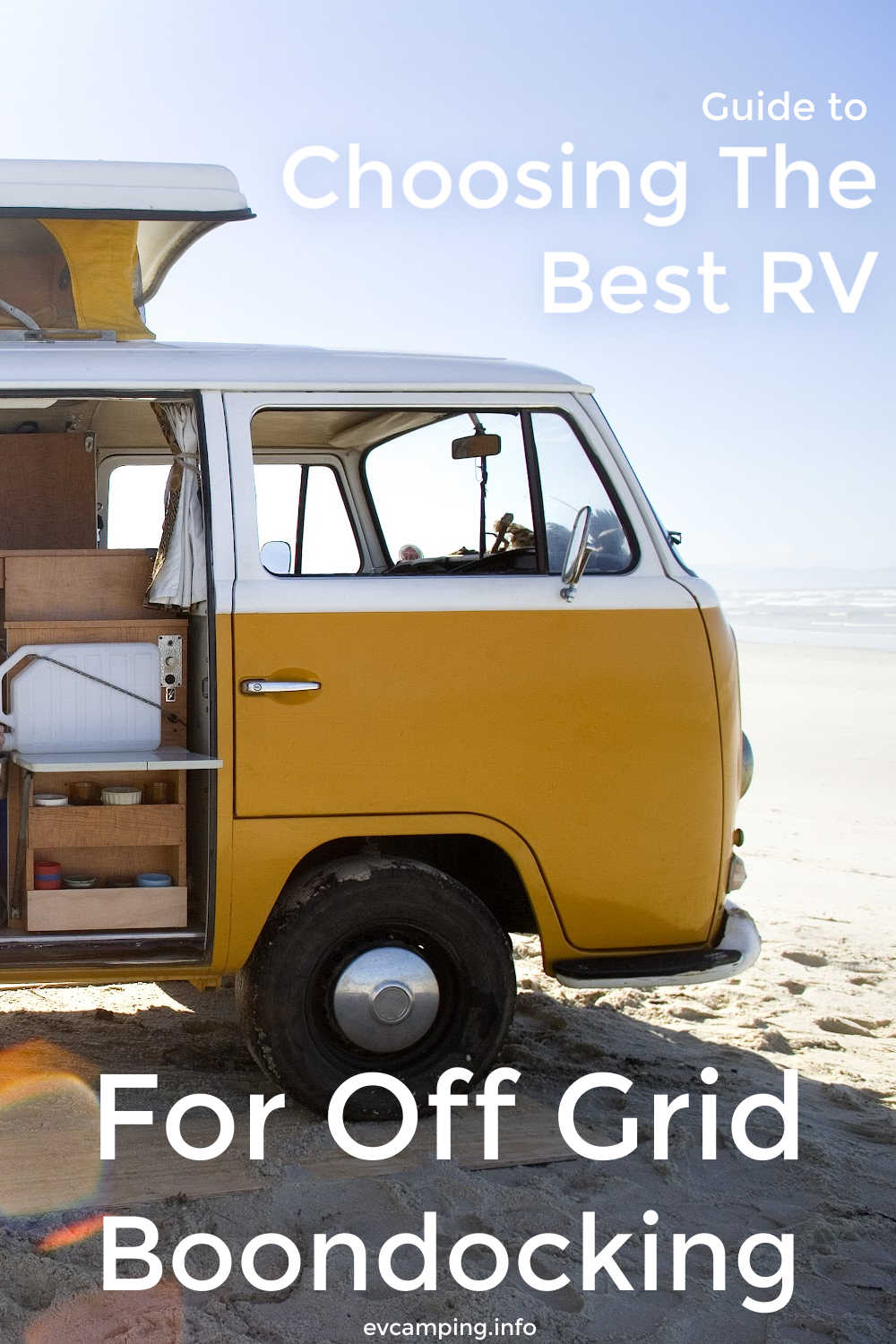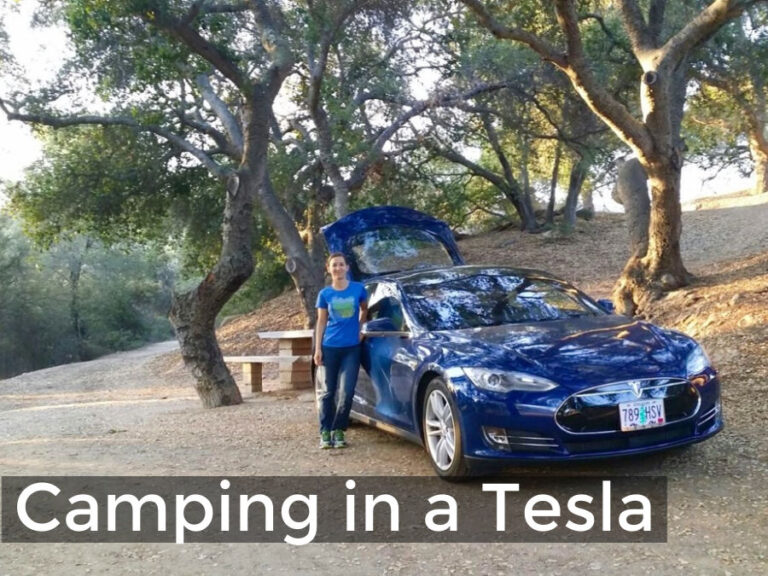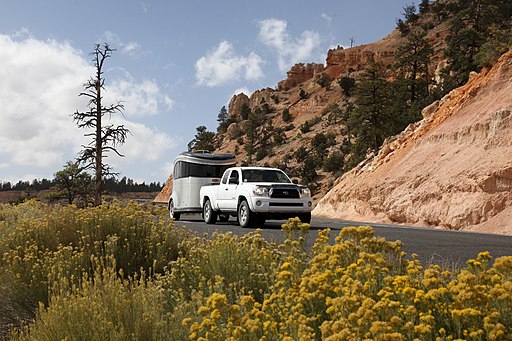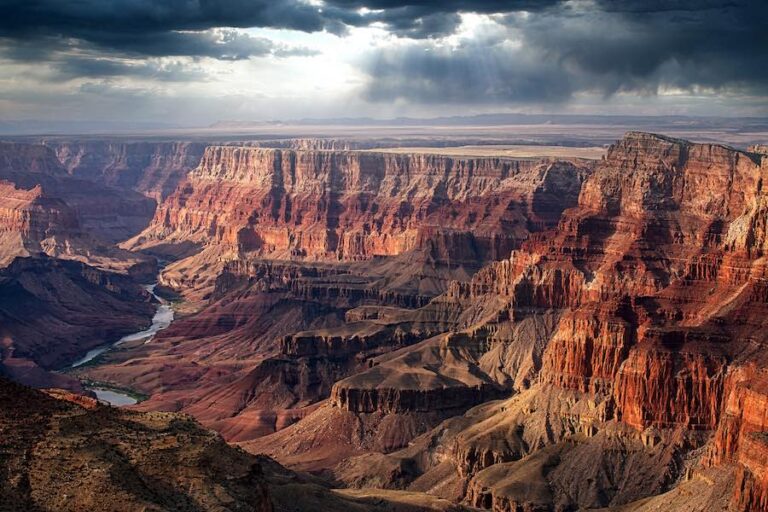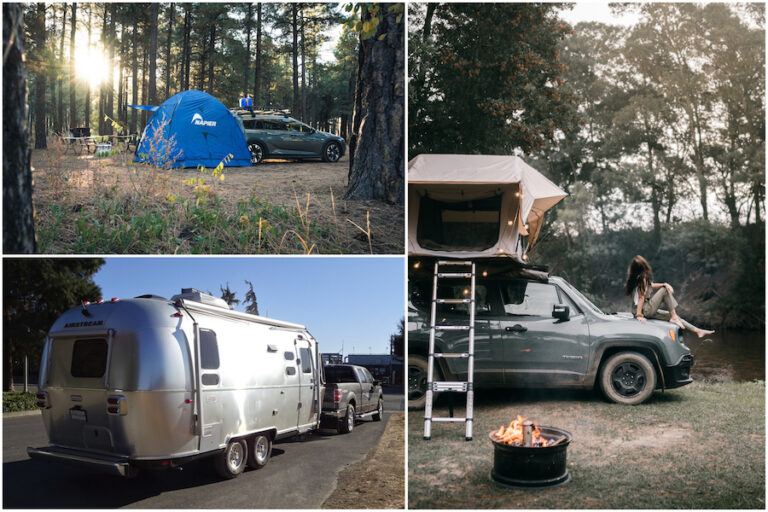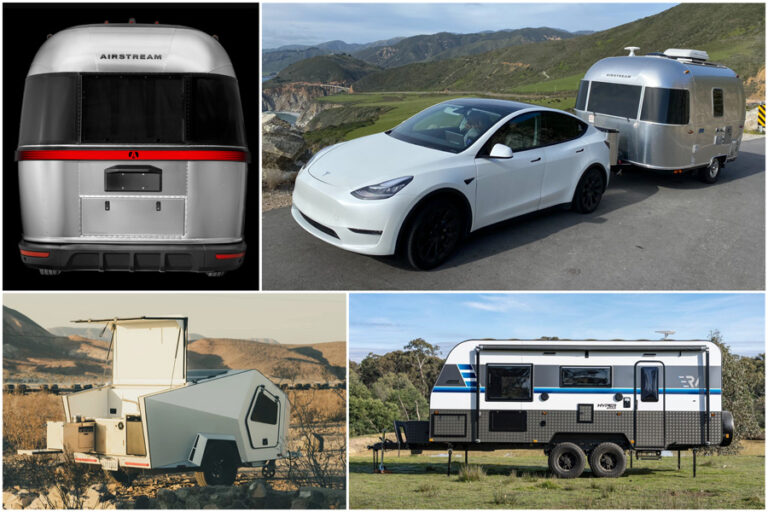A Guide to Choosing the Best RV for Off Grid Boondocking
Off-grid boondocking means freedom and adventure, allowing RV enthusiasts to explore remote destinations and reconnect with nature. However, finding the best RV for off-grid living can be a daunting task.
In this guide, we share the key factors to consider when selecting an RV for off-grid boondocking so that you can make an informed decision.
Determine Your Off-Grid RV Needs
Choosing the right RV to go off grid really depends on the type of trips you want to do.
You need a general idea of how remote you’ll want to be and for what duration you’d prefer to camp off grid, in order to figure out what capabilities the vehicle should have.
Power: Look for RVs equipped with a robust solar panel system or invest in a generator. Solar panels can provide renewable energy to charge your batteries and power appliances, reducing reliance on external power sources.
Water: Consider the size of the fresh water and black water tanks. A larger freshwater tank allows for longer stays without refilling, while a larger black water tank minimizes the need for frequent visits to dump stations.
Self-Sufficiency: Off-grid campers often prefer RVs with ample storage space for provisions, a functional kitchen with a stove, and a low-energy refrigerator that can run on alternative power sources like propane or solar.
Types of Off-Grid RVs
Class C RV: Class C motorhomes provide a balance of comfort and maneuverability. They offer ample space for living and storage, making them ideal for extended off-grid trips. This would be our personal preference, especially for longer trips.
The Winnebago Ekko would be a top choice for Class C off grid travel.
Camper Van: Campervans or Class B RVs are compact and nimble, making them suitable for rough terrains and narrow roads. While they offer limited living space, they are more fuel-efficient and can go places larger RVs cannot.
The Winnebago Revel and Airstream Interstate are popular for off grid travel in the Class B category.
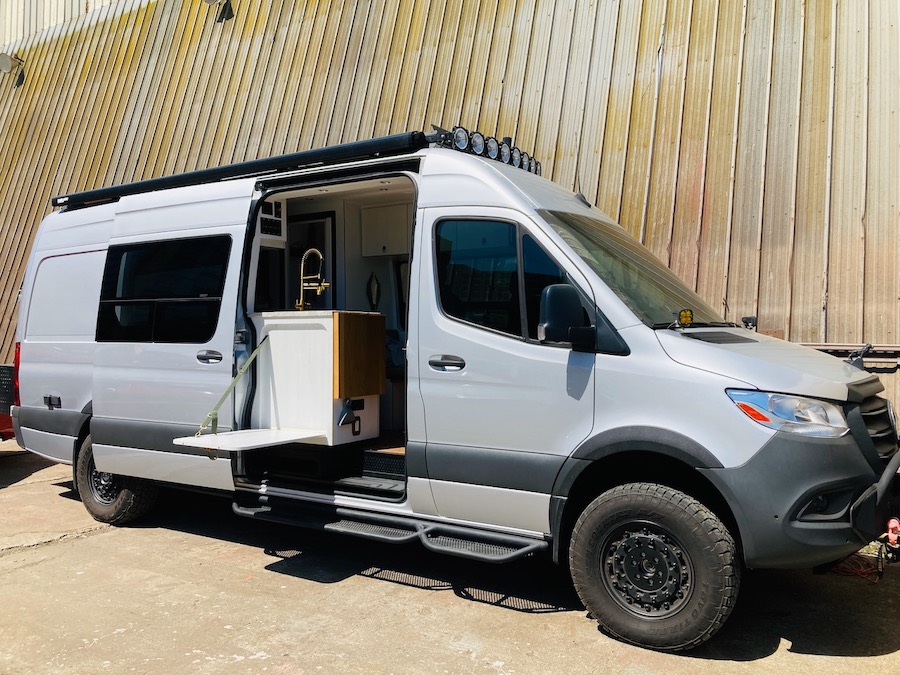
Off-Grid Trailers: Off-grid trailers combine the convenience of a travel trailer with off-grid capabilities. These trailers can have larger freshwater and black water tanks, solar panels, and battery systems.
NuCamp has good lightweight travel trailers with solar packages and propane fridge upgrades.
Off-Grid Campers: This refers to versatile, removable units that can be installed on the bed of a pickup truck. Truck camper units provide a minimalistic off-grid experience and are perfect for those who like a smaller footprint.
A customizable Four Wheel camper comes highly rated for truck camping off grid.
Consider the Terrain and Climate
Rough Terrain: If you plan to explore rough terrains, opt for an RV with sturdy tires and suspension designed for off-road adventures. Look for features like high ground clearance and rugged construction.
Extreme Climates: Consider an RV with excellent insulation for extreme temperatures. You’ll also need efficient air conditioning and heating systems in order to be comfortable living in any weather condition.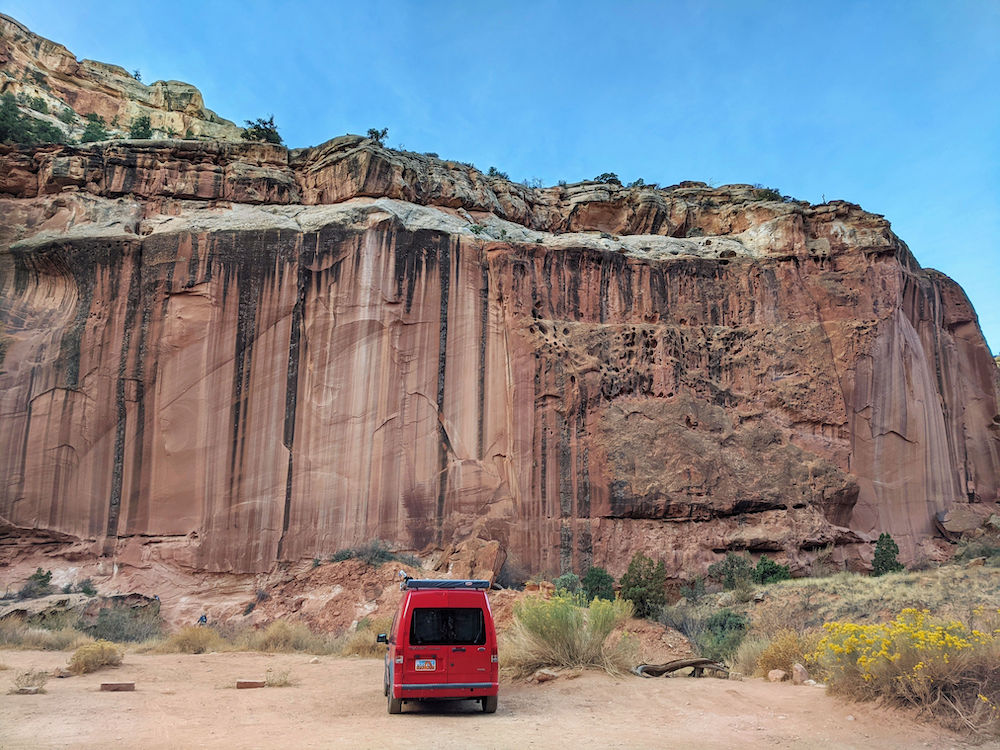
Research RV Brands
Reputation: Research reputable RV brands known for their quality construction, reliable systems, and customer satisfaction. We mentioned a few above, but you don’t need to go with a big name brand as long as the quality is solid.
Reviews: Read customer reviews and testimonials to gain insights into the pros and cons of different RV models. You can also seek advice in online RV forums or Facebook groups.
Other Camping Considerations
Public Lands: Ensure your chosen RV complies with any regulations and size restrictions imposed by public lands and national parks. When it comes to off grid or dispersed camping, there are usually rules about how long you can stay as well as how long you’re allowed to leave your vehicle unattended.
Dump Stations: Always check the availability of dump stations near your intended off-grid destinations to plan for waste disposal.
Conclusion: The best RV for off grid depends on you
Selecting the best RV for off-grid boondocking involves factors such as power systems, water capacity, RV type, terrain suitability, and climate adaptability.
By assessing your specific needs and conducting thorough research, you can find the perfect RV that will enhance your off-grid adventures and provide a comfortable, self-sufficient experience. Hopefully these tips will help you embark on your off-grid journey with confidence, knowing you’ve chosen the best RV to suit your needs and preferences.
Remember, the best RV for off-grid boondocking is the one that aligns with your lifestyle and enables you to embrace the freedom of the open road while enjoying the serenity of nature.
